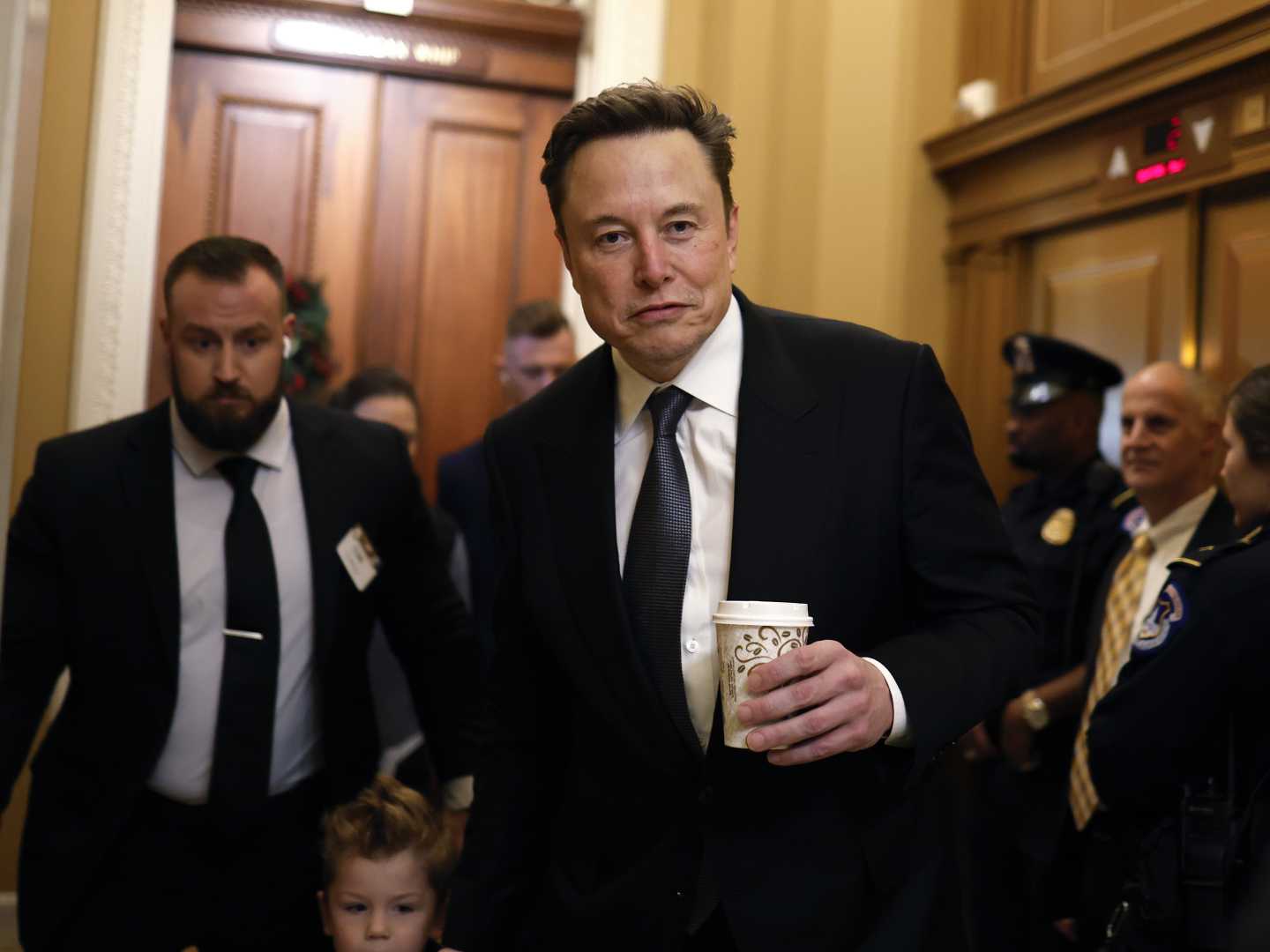Politics
Musk’s New Agency Faces Backlash Amid Government Shakeup

WASHINGTON (AP) — After the recent unveiling of the Department of Government Efficiency (DOGE) by Elon Musk, House Speaker Mike Johnson expressed optimism about significant changes under the Trump administration. The changes, however, have quickly turned into widespread disruption, threatening federal programs and igniting public dissent across the nation.
Three weeks into Trump’s second term, the impact of DOGE is profound. Federal employees are being urged to resign, entire agencies are being closed, and federal funding for states and nonprofits faced a temporary freeze. A significant breach of privacy occurred when sensitive information from the Treasury Department was accessed by Musk’s DOGE team.
Brian Riedl, a conservative economic advisor at the Manhattan Institute, stated, “This is an erosion of our democracy.” The partnership between Musk and Trump has raised alarm among lawmakers, with numerous lawsuits being filed to challenge the unilateral actions of DOGE, prompting protests outside government offices.
Senate Democratic leader Chuck Schumer criticized Musk’s efforts on social media, declaring, “Whatever DOGE is doing, it is certainly not — not — what democracy looks like.” Musk’s response came via his platform X, remarking, “Hysterical reactions like this is how you know that DOGE is doing work that really matters.”
The current landscape is reminiscent of challenges from Trump’s first presidency, particularly his controversial attempts to circumvent Congress regarding funding for the U.S.-Mexico border wall. The collaboration with Musk, who is known for his fast-paced, disruptive approach in the tech industry, is intensifying this confrontation.
Musk’s aim to cut costs through the elimination of purported waste and inefficiency could fundamentally reshape governmental institutions. Sharon Parrott, president of the Center on Budget and Policy Priorities, warned of catastrophic consequences for the government if DOGE’s initiative succeeds. “Many of the things they are doing are brazenly unlawful,” Parrott noted, emphasizing the courts’ readiness to intervene.
The administration is pursuing reductions in federal size and capacity, a longstanding ambition of Republicans, which faced obstacles in the past. Trump and his team are leveraging a strategy proposed by Russ Vought, his nominee for budget director, allowing executive impoundment of federal funds, a practice designed to retract already allocated funds.
Some Republican lawmakers, like Senator Kevin Cramer of North Dakota, see DOGE as a mechanism to facilitate budget cuts that Congress has previously failed to make. Others have noted the administration’s controversial pauses on federal operations, drawing mixed reactions among party members. Senator Thom Tillis of North Carolina acknowledged, “If he goes too far, I’ll be the first person to step up.”
The impact of the DOGE’s agenda manifested swiftly, leading to an abrupt freeze of federal grants and loans. The move instigated outrage as states and nonprofits faced uncertainty about their funding essential for healthcare and housing services. The White House quickly reversed its decision, indicating the volatile nature of the situation.
Legal opinions regarding the administration’s actions have raised profound constitutional concerns. U.S. District Judge Loren L. AliKhan stated that the measures “potentially run roughshod over a ‘bulwark of the Constitution’ by interfering with Congress’s appropriation of federal funds.”
Senator Patty Murray, who leads the Senate Appropriations Committee, also expressed anxiety about Congress’s ability to enact funding agreements which could be disregarded by the administration. “The level of trust is at the lowest I have ever seen it here,” she remarked.
Speaker Johnson acknowledged the uncertainty surrounding Trump’s actions in shutting down agencies, stating, “There will be appropriate action for Congress to take, but we haven’t yet sorted out what’s happening with it.” He admitted not having all the answers regarding the president’s authority in these matters.
As the tumultuous dynamics continue to evolve, the repercussions of Musk’s DOGE on the federal government remain contentious and uncertain where they might lead.












